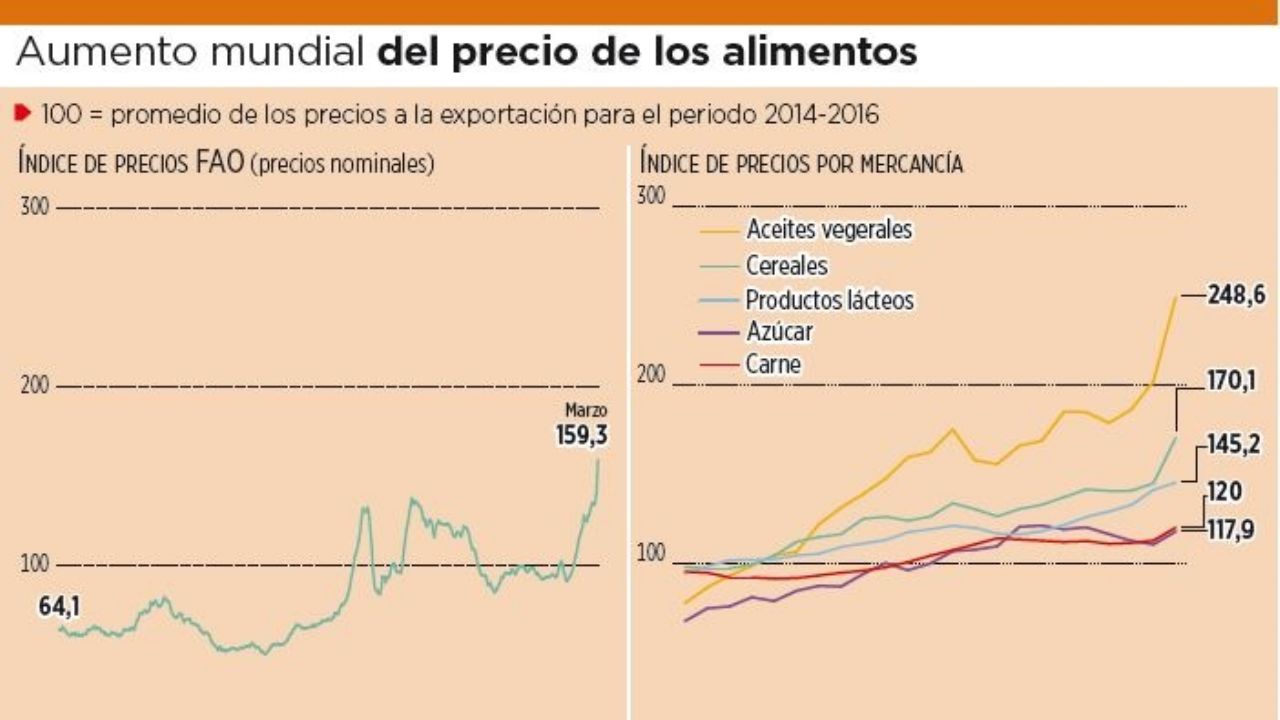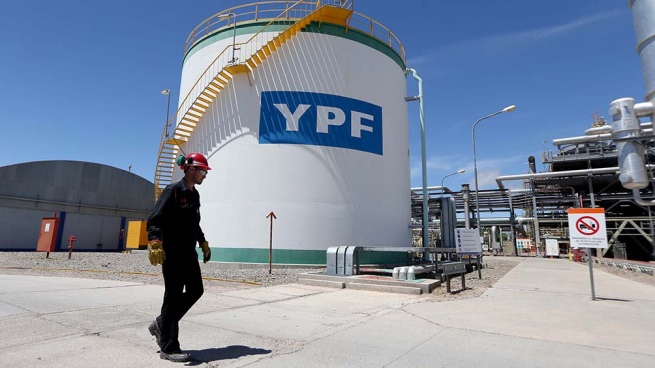Page Seven / agencies
On April 24 it will be two months since the Russian invasion of Ukraine and to date the conflict has already left its consequences on the world economy: rise in the price of oil and fuel, wheat and corn and food and inflation and prospects for lower economic expansion in the countries.
The International Monetary Fund (IMF) lowered the growth forecasts of 143 countries due to the effects of the Russian invasion of Ukraine, which represents an impact on 86% of the world’s gross domestic product (GDP), according to the director of the IMF, Kristalina Georgieva.
In a speech prior to the start of the annual spring assembly, which the organization will hold together with the World Bank next week, Georgieva warned that the future of the economy is “extraordinarily uncertain” due to the war, sanctions and Covid-19, EFE reported.
The IMF will publish next Tuesday, within the framework of its assembly, the updated and detailed economic projections by region and country for 2022, 2023 and 2024.
“We are experiencing one crisis on top of another,” Georgieva pointed out, referring to the outbreak of war when the world had not yet emerged from the Covid-19 pandemic.
In addition to these two factors, he also cited the “danger” of extremely high inflation – very high in developed countries, but even higher in some developing countries – and the growing fragmentation of the world’s economies into two geopolitical blocs: democracies and authoritarian regimes.
The latest estimates by the international organization forecast that inflation will continue to shoot up for longer than previously expected.
And he warned that there is a growing risk that the market’s expectations of inflation will become a self-fulfilling prophecy and more difficult to control.
The IMF has also identified a number of countries where rising food prices will have a particularly large effect, including Peru, Colombia, Guatemala, El Salvador, Honduras, Nicaragua and Costa Rica.
The war in Ukraine, high inflation and the uncertainty that still surrounds the pandemic have led the World Bank (WB) to lower this year’s growth projection for Latin America and the Caribbean by three tenths, to 2.3 %.
The percentage is below the 2.6% that the bank had forecast in January and is much lower than the 6.9% growth that the region experienced in 2021 due to the rebound effect of the reopening of the economy after the end of 2020. by Covid-19.
By country, the World Bank forecasts that in 2022 Brazil will grow 0.7%; Argentina, 3.6%; Colombia, 4.4%; Peru, 3.4%; Ecuador, 4.3%; Chile, 1.9%; Bolivia, 3.9%; Uruguay, 3.3%; and Paraguay, 1.5%.
If these data are confirmed, the growth of Latin America and the Caribbean will be among the lowest in the world, at a level similar to that of the Middle East and North Africa and below sub-Saharan Africa, Europe and Asia. On the positive side, The World Bank highlighted that the vaccination process has become widespread in the region, which has led companies to rehire workers and schools have reopened their doors for face-to-face teaching.
Corn and wheat on the rise
The war in Ukraine puts world food security at risk, as well as economic recovery after the Covid-19 pandemic, FAO Director General Qu Dongyu said on March 30 in Quito.
The world “has suffered the impact of the effects of the war in Ukraine, in the prices of food and fertilizers” that are on the rise, he said during the opening of the 37th FAO conference for Latin America and the Caribbean, AFP reported. .
A report by Deutsche Welle (DW) indicates that in the agricultural sector, the impact is twofold, given that both Russia and Ukraine are large agro-exporters and account for almost a quarter of wheat exports.
Wheat and corn prices reached record highs and a similar trend can be seen in terms of fertilizers, which are the main imported Russian product in the region.
Data from the Bolivian Institute of Foreign Trade (IBCE) reveal that in March a ton of corn reached 335.5 dollars, when in 2021 it closed at 264.5 dollars. Wheat soared to $486.3 a ton, while in December 2021 it was $376.8.
The rise in grains translates into an increase in the price of basic products, such as bread, noodles or chicken meat. In March, super gasoline increased by 8% in Ecuador, basic fuels rose by 9.5% and premium fuels by 11.5% on average in Argentina. And, in Brazil, Petrobras increased the price of diesel by 25% and that of gasoline by 19%, adds the DW report.
Prices in Brazil and Chile, among the highest in 15 years
Inflation accelerated in Brazil, Chile, Colombia, Mexico and Peru in 2021 due initially to higher food and energy prices, monetary policy and wage adjustments, as well as the recovery in demand after the pandemic. But it got worse with the war in Ukraine, say Maximiliano Appendino, Ilan Goldfajn and Samuel Pienknagura, of the IMF’s Department for the Americas.
In an IMF blog post, the authors estimate that a “combined 10 percentage point shock to oil and food prices would lift inflation by 1.1 percentage points” in those five economies.
Experts recommend adapting monetary policy, adjusting rates, so they call on central banks to “be vigilant and continue taking decisive action if necessary.” (AFP)


















